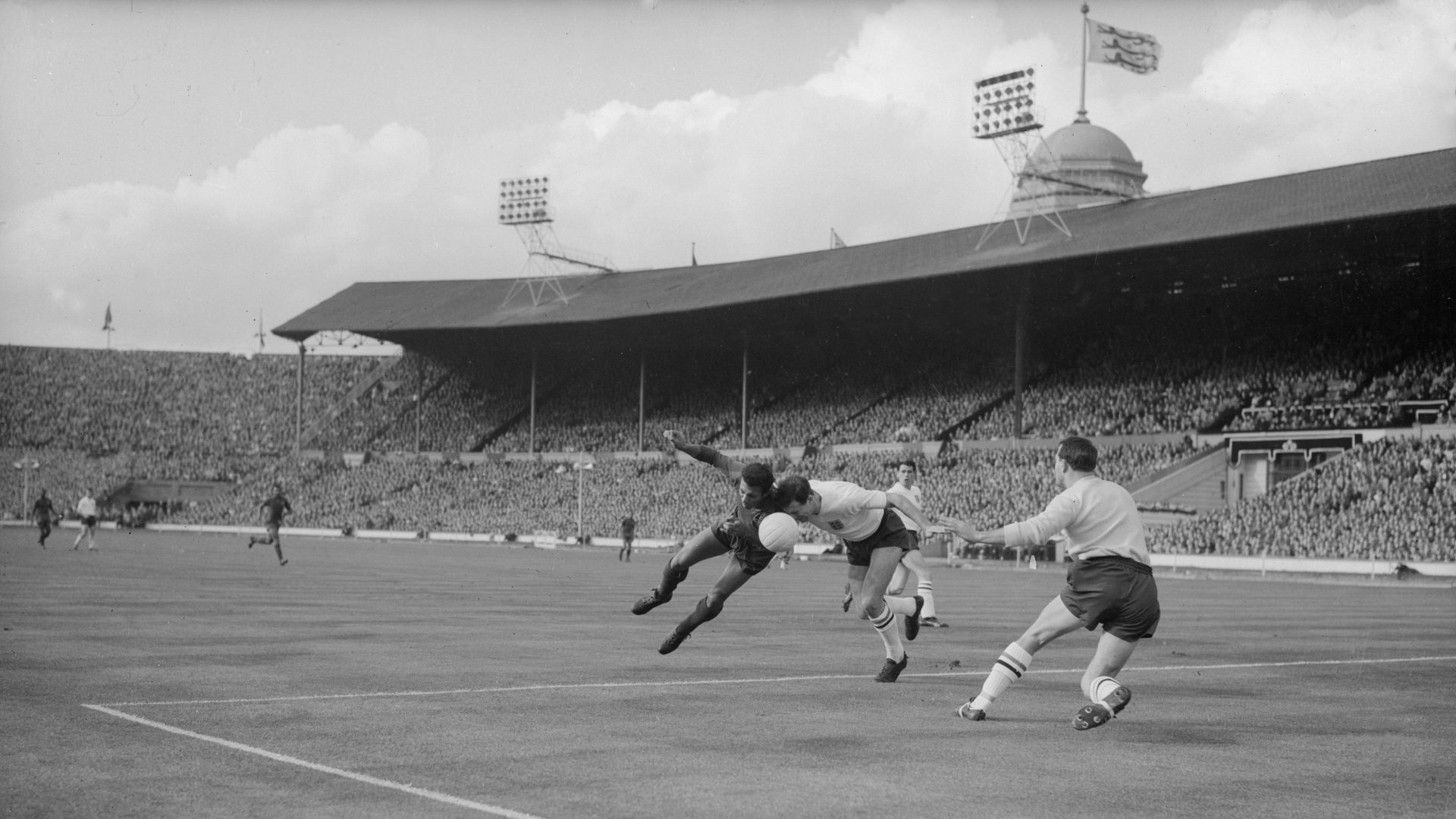When America sneezes, the world catches a cold. The cliche is older than any of us. Yet when football, rugby, even cricket change their rules and guidelines to spare players from catastrophic side effects, division rules.
Most of the bodies that oversee contact sports are mindful of the compensation that America’s gridiron footballers are being paid for concussions that have caused dementia and other brain diseases. The lead lawyer pursuing claims on behalf of 25,570 former players vowed he would “make sure the NFL pays every nickel they should”. And, with thousands more claims in the pipeline, the compensation has just topped a billion dollars (£808,000,000).
That kind of payout, and the fear that where America leads the world follows, concentrates minds. How swift was cricket to redesign the batting helmet after Australia’s Phillip Hughes was killed by a bouncer in Sydney in 2014? The ball struck an unguarded spot just below his left ear, and after that tragedy helmets have been radically redesigned. They are routinely changed after every glancing blow.
English rugby union last week announced that from this July onwards boys and girls – everyone below the professional game – must follow the French initiative of tackling not just below the head, not even at chest height, but below the waist. This diktat, by no means universally welcomed, could literally change the dynamic of the sport. It might in time diminish the gladiatorial “hits” of rugby monsters flattening one another with heavyweight full-body tackles. And it might restore something of the older game where nimble fellows dodged the tackles through fleet of foot or swift change of balance.
Old cricketers lament that there are no Brian Close heroics anymore, no batter who stands unguarded and counts the body blows as badges of courage. And one wonders what the afterlife from professional rugby has in store for Northampton Saints’ Welsh winger George North, whose speed makes him the target for more concussive blows than anyone should endure.
And just look at any football – men’s or women’s, boys or girls – anywhere
on earth. When players rise to contest the ball in the air, the natural instinct
is for them to close their eyes. The plastic-coated balls are not as heavy as the old leather ones, but that means they move faster through the air, and opponents rise with arms and elbows raised to deny their rivals a clean header on the ball.
Sir Bobby Charlton and Sir Geoff Hurst are the last survivors of the 1966 World Cup win for England. Bobby, like his older brother Jackie and like the core of that hallowed side, now suffers from dementia.
The problem with brain damage is it is insidious. We see no obvious symptoms. Those come later. Soccer, like the NFL in olden times, like
pugilism used to do, has spent half a century in denial that old footballers
losing their memories in middle age was anything to do with heading the ball.
Some of that denial continues. But the fear of American-style compensation claims lurks in the minds of football officials on this side of the pond. The English FA last year embarked on a trial that bars children below the age of 12 from heading the ball. And while this raises the question of how they learn to head the ball correctly, to time the contact as safely as possible, it suggests that football officialdom acknowledges that the growing child, the maturing brain, is vulnerable to repeated knocks, even with their precious ball.
Where this mindfulness goes next is open to conjecture. The game’s law keepers are not even Fifa. They are the gentlemen of the International
Football Association Board (IFAB), formed by the British associations 136 years ago and now sitting in Zürich.
Two years ago, the IFAB approved a trial that permits teams to have one
permanent “concussion substitute” per game. The concussion substitute
was pioneered in rugby and for something like 10 years now the world
players union Fifpro has called for the rugby-style “temporary concussion
substitutes”. These allow doctors in the dressing room or medical room to
assess the player and if they deem him fit, return him to the game.
The FA in London, MLS in America and the French Ligue 1 lobbied the IFAB last week to grant temporary concussion substations on the grounds that this would allow medics to examine players for 10 minutes rather than the three minutes currently approved on the field.
The longer examination would, some brain research organisations suggest, be safer. I beg to differ. Having studied head injuries in the neuropathy laboratory of the late Professor Nicholas Corsellis in the 1970s, I am 100% on the side of the IFAB in this instance.
The board slogan on suspected concussion is “if in doubt, sit them out”. Three minutes, ten minutes, 24 hours – the timings are immaterial. No doctor, no neurologist, can see brain damage outside of a specialised
laboratory using MRI scans and other advanced screening technology.
The human eye cannot detect the scars, or the cumulative damage over decades into premature senile degeneration. But what is clear – and scientifically verified – is that concussion impairs our ability to reason. Multiple blows to the skull can store up permanent damage. The blows of sports, previously shrugged off as “in the game” are cumulative.
If it takes the American compensation culture to scare us into acknowledging that, so be it.




